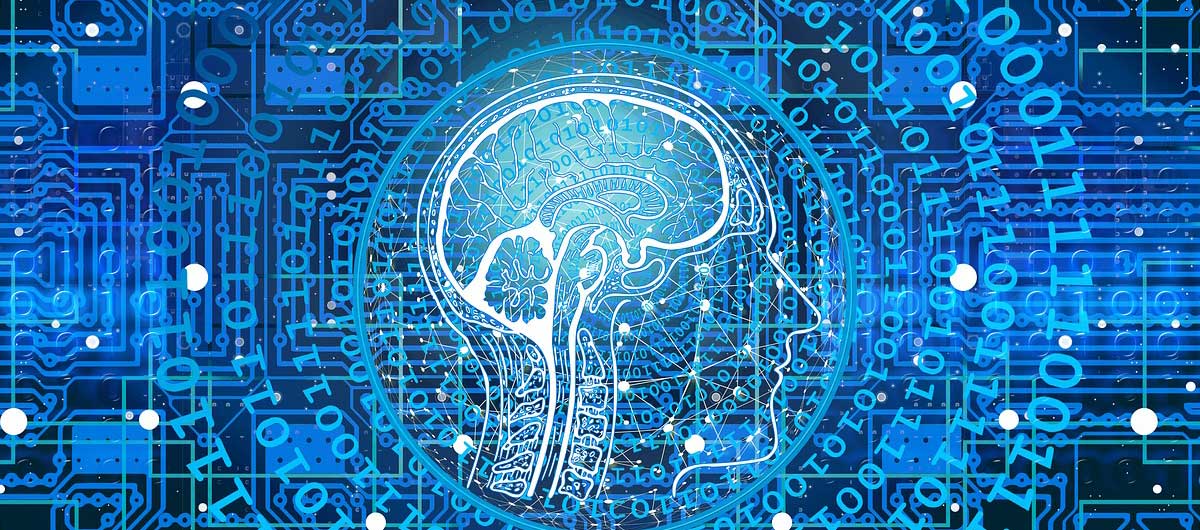The integration of artificial intelligence (AI) into our daily lives, both personally and professionally, is becoming increasingly common. However, not all generations of workers have the same attitude toward AI and its use in the workplace.
In this Befree blog post we are going to talk about a recent study conducted by Ernst & Young (EY), significant differences were found among the X, millennial, and Z generations regarding AI adoption in the workplace.
The study was based on a survey of over 2,000 American workers from various sectors and age groups. Here are the key findings:
Generation X (born between 1965 and 1980):
70% of respondents from this generation reported using tools like OpenAI’s ChatGPT at work.
Millennials (born between 1981 and 1996):
74% of respondents from this generation also reported using AI in their work.
Millennials view AI as a tool that enhances performance, creativity, and job satisfaction.
These two generations, see AI as a tool that helps them improve their performance, creativity and job satisfaction. Some examples of AI tools they use are OpenAI’s ChatGPT, which allows them to generate text from keywords, or facial or voice recognition systems.
Generation Z (born between 1997 and 2005):
This generation uses AI the least, with only 63% of respondents utilizing it at work. Despite being digital natives and familiar with technology, younger workers are less convinced that AI adds value. They may feel less comfortable with technology or more pressured to adapt to the changes it brings.
These generational differences can have implications for companies seeking to harness the potential of AI to enhance their processes and outcomes. To achieve this, it is crucial to understand the needs, expectations, and preferences of each generation of workers and provide them with appropriate training, consistent support, and positive feedback regarding AI usage. By doing so, organizations can foster a culture of innovation and collaboration between humans and machines.






